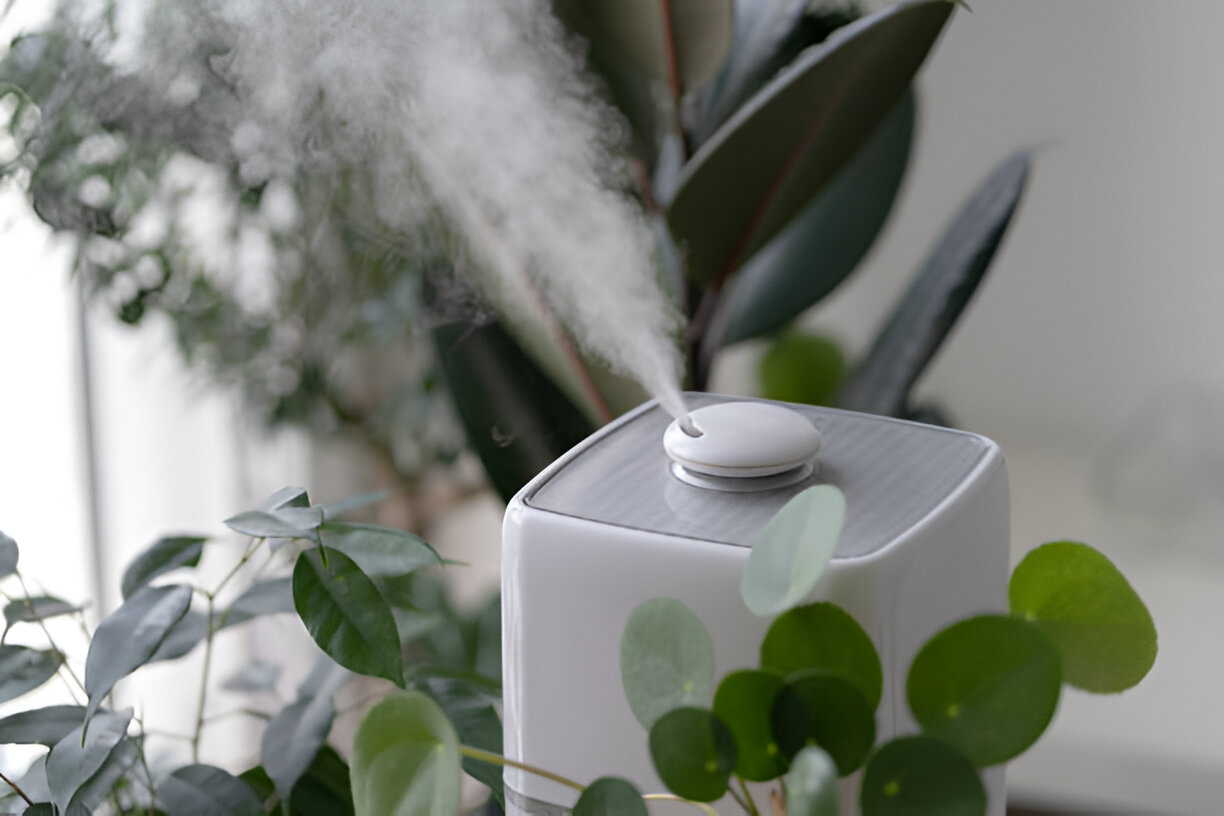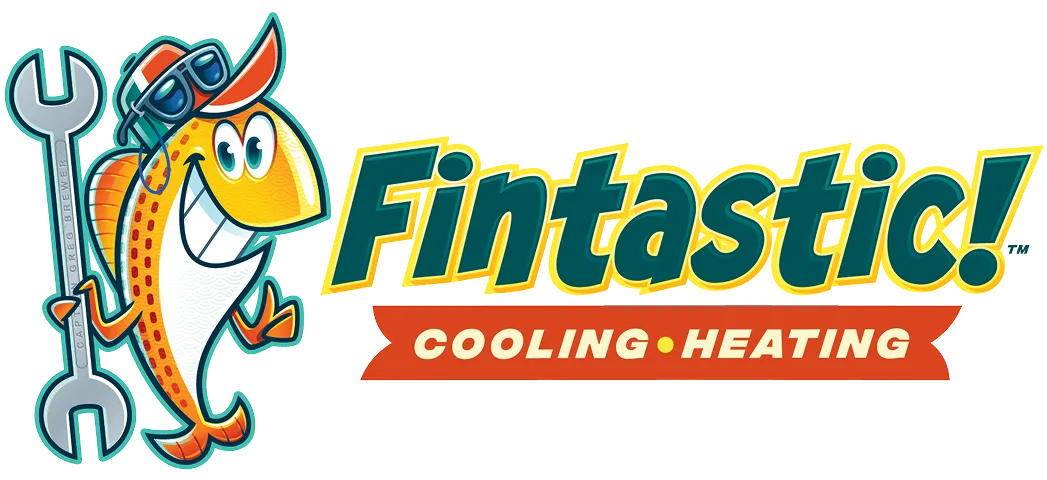Air Handler Repair in Cypress, TX
Air Handler Repair in Cypress, TX
Keeping your air handler running reliably is essential for comfort in Cypress, TX, where long, hot summers and high humidity push HVAC systems hard. Air handler problems reduce airflow, increase energy bills, create uneven cooling, and can lead to complete system failure if ignored.

Why timely air handler repair matters in Cypress, TX
Cypress experiences prolonged heat and humidity from spring through fall. High humidity accelerates coil corrosion, encourages mold growth on wet coils and drain pans, and makes filters load faster with pollen and airborne debris. Those local conditions mean small issues escalate quickly into performance and indoor air quality problems. Prompt, accurate air handler repair keeps your system efficient, extends equipment life, and prevents indoor comfort and health problems.
Common air handler failures in Cypress homes
Most air handler repairs fall into predictable categories. Recognizing these common failures helps when scheduling diagnostics.
- Blower motor failures: Motors wear out from age, overheating, or electrical issues. Symptoms include weak airflow, unusual noises, and higher utility use.
- Belts and pulleys: Older units may use belts that stretch or crack. Worn belts cause squealing, slipping, and reduced airflow.
- Bearings and fan assemblies: Bearings seize or wear, producing grinding or rumbling noises and eventual motor strain.
- Evaporator coils: Coils can corrode, leak refrigerant, or become clogged with dust and mold. In Cypress’s humid climate, coils often develop biological growth that reduces heat transfer.
- Drain and condensate problems: Clogged condensate drains or pans cause water overflow, safety switch activation, and water damage/mold risks.
- Capacitors and control components: Failed start/run capacitors, relays, or control boards lead to intermittent operation or complete no-start conditions.
- Airflow restrictions: Dirty filters, closed/blocked vents, or duct issues create pressure problems that strain the air handler.
How diagnostics are performed (what to expect)
A professional air handler diagnostic follows a systematic process to find root causes rather than just treating symptoms.
- Visual inspection of the unit, electrical connections, belts, fan, coils, and condensate drains for obvious damage or leaks.
- Airflow measurement at vents to confirm blower performance and detect duct restrictions.
- Electrical testing including voltage, amp draw on motors, and capacitor tests to identify failing electrical components safely.
- Refrigerant system check if the evaporator coil is suspected to be a problem, looking for signs of leaks or poor charge that affect coil performance.
- Drain inspection and moisture checks to find clogs or mold growth in drain pans and lines.
- System operation test under load (thermostat call for cooling/heating) to observe startup behavior, noise, and cycling.
A good diagnostic report will explain the problem, list recommended repairs, and outline timelines for parts and labor.
Troubleshooting steps homeowners can safely do
Before professional help arrives, these safe checks can sometimes resolve or clarify the issue:
- Check the filter: Replace a dirty filter with the correct MERV rating. In Cypress, change filters more frequently during pollen season and summer.
- Inspect the thermostat: Ensure it is set correctly, has fresh batteries if applicable, and is calling for cooling or heat.
- Check breakers and disconnects: Verify the air handler breaker is on and the service disconnect (outside the unit) is engaged. Do not open electrical panels if you are not trained.
- Clear visible obstructions from vents and return grilles. Ensure supply registers are open.
- Look for water around the air handler: If you find water, shut the system off at the breaker and arrange for service to avoid water damage and mold.
Avoid DIY electrical repairs or component replacements; those require trained technicians and proper safety protocols.
Typical repair timelines
Repair timelines vary by problem complexity and part availability. Typical expectations:
- Minor repairs (filter replacement, belt change, drain clearing, capacitor swap): often completed the same day or within 24 hours when parts are readily available.
- Moderate repairs (blower motor replacement, coil cleaning, bearing replacements): commonly completed within 1 to 2 days; scheduling and parts sourcing may extend time slightly.
- Major repairs (evaporator coil replacement, control board replacement, extensive refrigerant leak repair): may take 2 to 5 days depending on part lead times and whether ductwork adjustments are needed.
Local factors in Cypress, such as peak-season demand during summer months or storm-related supply interruptions, can lengthen wait times. Emergency service options can reduce downtime for critical failures.
What affects repair cost (qualitative)
Rather than precise dollar amounts, consider these factors that influence repair expense:
- Part complexity and availability: Motors, coils, and control boards are more costly and may require special-order parts.
- Labor intensity: Tasks that require unit disassembly, refrigerant handling, or duct modifications increase labor time.
- Unit age and compatibility: Older systems may need hard-to-find parts or retrofitting, which raises cost and time.
- Extent of secondary damage: Water damage from condensate overflow or mold contamination increases repair scope.
- Emergency or after-hours service: Rapid response or weekend service typically carries premium rates.
Estimating cost qualitatively as low, moderate, or high helps you prepare and compare repair approaches during diagnostics without relying on specific figures.
Preventative maintenance to avoid breakdowns
Regular maintenance is the most effective way to minimize repairs and keep performance high in Cypress’s climate.
- Biannual inspections: Schedule checks in spring (pre-cooling season) and fall (pre-heating season) to catch issues early.
- Filter discipline: Replace or clean filters monthly to every 90 days depending on use and indoor air conditions. Summer and pollen seasons call for more frequent changes.
- Coil cleaning: Professional coil service annually or more frequently if you see reduced cooling performance or mold buildup.
- Condensate maintenance: Keep drain lines clear and install or test safety float switches to prevent overflow.
- Motor and belt care: Lubricate (if applicable) and inspect belts annually; replace at the first sign of wear.
- Duct and airflow checks: Seal and insulate ducts; ensure return paths are unobstructed for balanced airflow.
A regular maintenance plan tailored to high humidity and pollen conditions in Cypress extends equipment life and improves indoor air quality.
Emergency repair options and safety
Emergencies can happen at peak heat. Emergency repair measures focus on safety and restoring basic function:
- If you detect burning smells, smoke, or electrical arcing, turn off power at the breaker immediately and keep occupants away from the area.
- For water leaks that risk property damage, shut off the air handler and the HVAC disconnect to prevent further water flow.
- For sudden loss of cooling during extreme heat, consider temporary alternatives (portable fans in shaded rooms, window AC in primary rooms) while waiting for emergency service.
- Emergency technicians often provide temporary fixes to get the system running while they source parts for a permanent repair. Know that comprehensive diagnostics are still needed to address root causes.
Final notes on choosing repairs in Cypress
When evaluating repair recommendations, prioritize solutions that address root causes and consider the local climate’s impact on the unit. Corrosion-resistant parts, thorough coil cleaning, and proper condensate management are particularly valuable in Cypress, TX. Well-documented diagnostics, transparent explanation of options (repair vs replacement), and clear timelines help you make informed decisions that protect comfort and indoor air quality for your home.
Customer Testimonials
Our customers praise our exceptional service and attention to detail, consistently exceeding expectations.































































